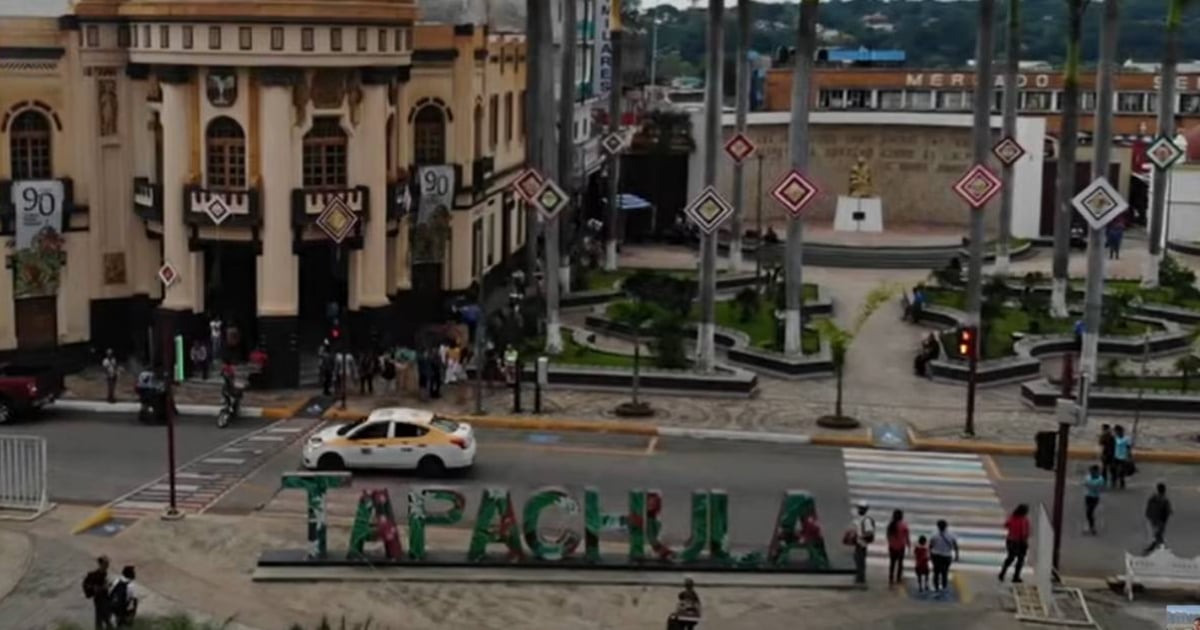Carlos Rodríguez, a Cuban who arrived in Mexico with the hope of crossing the border to settle in the United States, faced a harsh twist of fate and had to start a new life project in Tapachula.
Rodríguez's asylum request in the United States was denied after he crossed the border irregularly and was returned to Mexico. The Cuban decided to begin working as a construction worker in Tapachula, starting from scratch, rather than returning to his homeland.
"I haven't had any problems in my country. I left seeking better life opportunities, but asylum is reserved for those who can't return to their place of origin, and that's why it was denied," Rodríguez said in an interview with Diario del Sur.
Cuban Migrants in Tapachula
Many Cuban migrants arrive in Tapachula and have to endure long waiting periods for CBP One appointments or for documents that allow them to travel within Mexico.
What should be a transit city is gradually becoming a place where thousands of foreigners end up acclimating, reinventing themselves professionally, and putting down roots.
In 2023, Tapachula received approximately 77,750 asylum requests, but only 10% of applicants remained in the city. Most migrants continued their journey northward, towards the border.
Ninety percent of asylum seekers in Mexico leave Tapachula due to various factors, including the chaotic situation in public service administration and the presence of criminal gangs such as the Maras Salvatruchas.
"Many Cubans dream of reaching the United States, but in my case, I just want a place where I can live peacefully with my family, as things are very complicated in Cuba due to government policies," Rodríguez commented, highlighting that he feels happy and free in Tapachula.
Recent statistics from the Instituto Nacional de Migración (INM) indicate that between January and May 2024, 27,404 Cubans were registered, a migratory flow that seems to be unceasing.
"Once in Tapachula, all of us Cubans feel free, and that's more than enough for me," Rodríguez affirmed, now looking towards the future with hope.
FAQs about Cuban Migrants in Tapachula
Considering the increasing number of Cuban migrants in Tapachula and the challenges they face, here are some frequently asked questions and answers that might provide further insights.
Why was Carlos Rodríguez's asylum request denied in the United States?
Rodríguez's asylum request was denied because asylum is reserved for those who cannot return to their place of origin due to persecution or a well-founded fear of persecution. Since Rodríguez did not face such issues, his request was denied.
How many asylum requests did Tapachula receive in 2023?
Tapachula received approximately 77,750 asylum requests in 2023.
What are the main reasons for asylum seekers leaving Tapachula?
The main reasons for asylum seekers leaving Tapachula include the chaotic administration of public services and the presence of criminal gangs like the Maras Salvatruchas.
